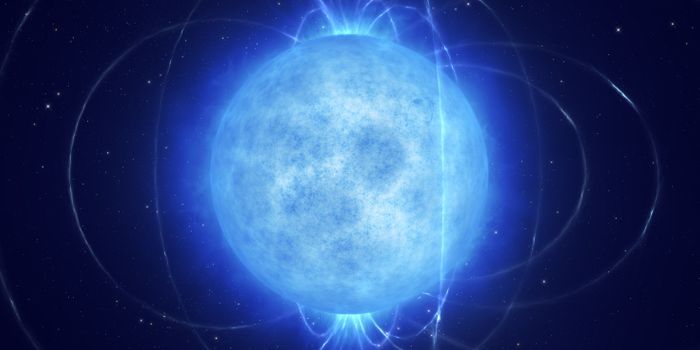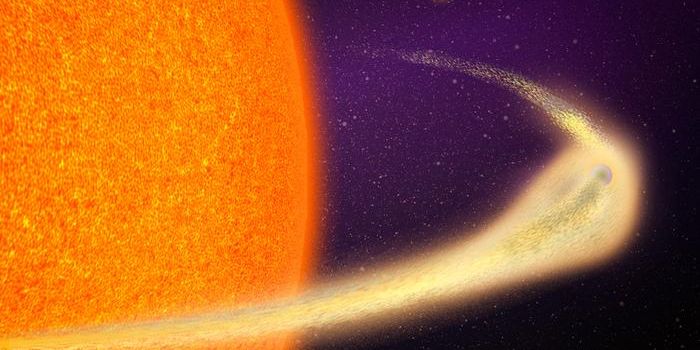Cancer
Oncologists Share Reasons for Cancer Drugs' High Cost, Recommend Solutions
MAR 17, 2015 10:12 AM PDT
Share
A global first: The economy is growing, but CO2 emissions aren't

As reported in the Washington Post, the International Energy Agency (IEA) announced that in 2014, the economy grew and CO2 levels didn't.
According to the IEA, this shows that there was a "decoupling" of economic growth and carbon dioxide emissions in 2014. In other words: the world economy grew, but CO2 emissions didn't. This was "the first time in 40 years in which there was a halt or reduction in emissions of the greenhouse gas that was not tied to an economic downturn," said the agency.
For anybody who cares about the planet, that's very good news. After all, the previously tight link between economic growth and the use of more energy - leading to more emissions - has seemed an almost invariant fact of the modern industrial world. Indeed, observations like these have driven some on the environmental left to posit that economic growth itself is incompatible with environmental protections.
What changed?
The IEA reports that there were several factors involved - China shifting more to renewables, even as OECD countries also advanced renewable energy and combined that with more energy efficiency.
Certainly, that's been the story in the U.S. electricity industry of late. "For the first time demand is untethered to GDP," said Alex Laskey, the president of Opower, which works with utility companies to help them connect with customers. "And that's because of efficiency, self generation, and so on....we can make do with less."
While the news brings an element of hope, it doesn't mean the fight against climate change is over. Carbon dioxide levels in the Earth's atmosphere reached record highs in 2013, and greenhouse gas continues to affect rapid and potentially disastrous climate change.
You May Also Like
Loading Comments...








